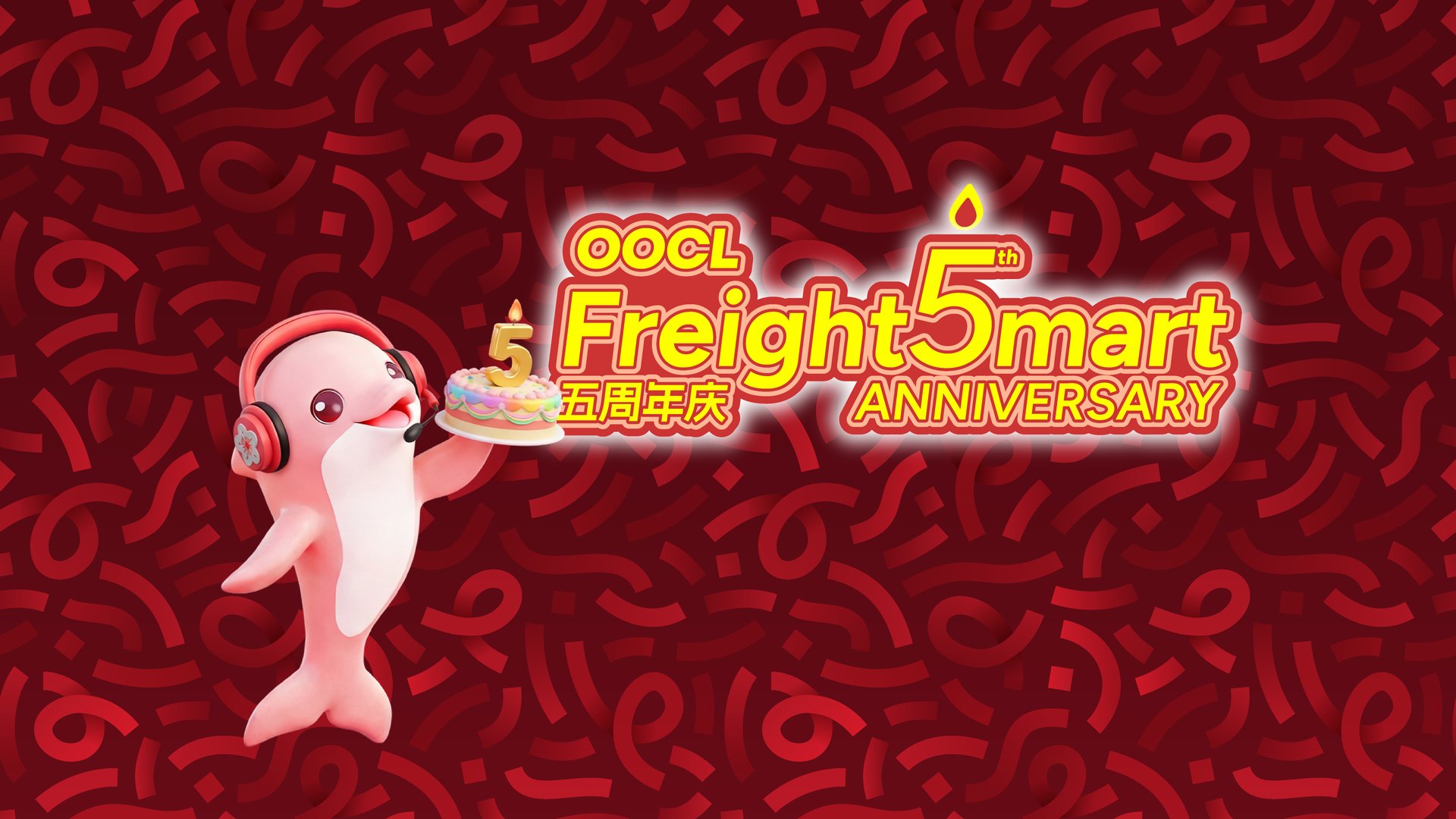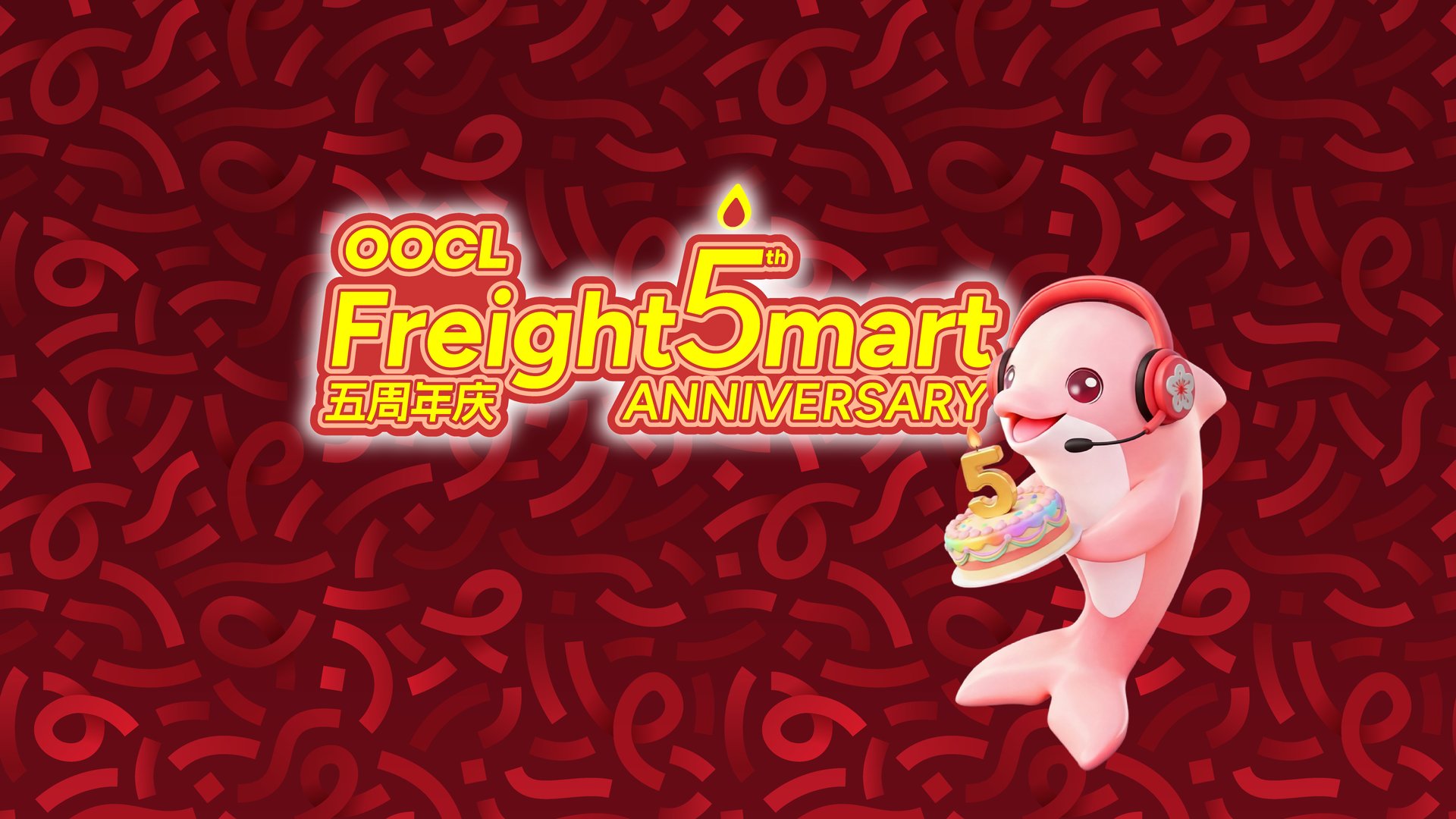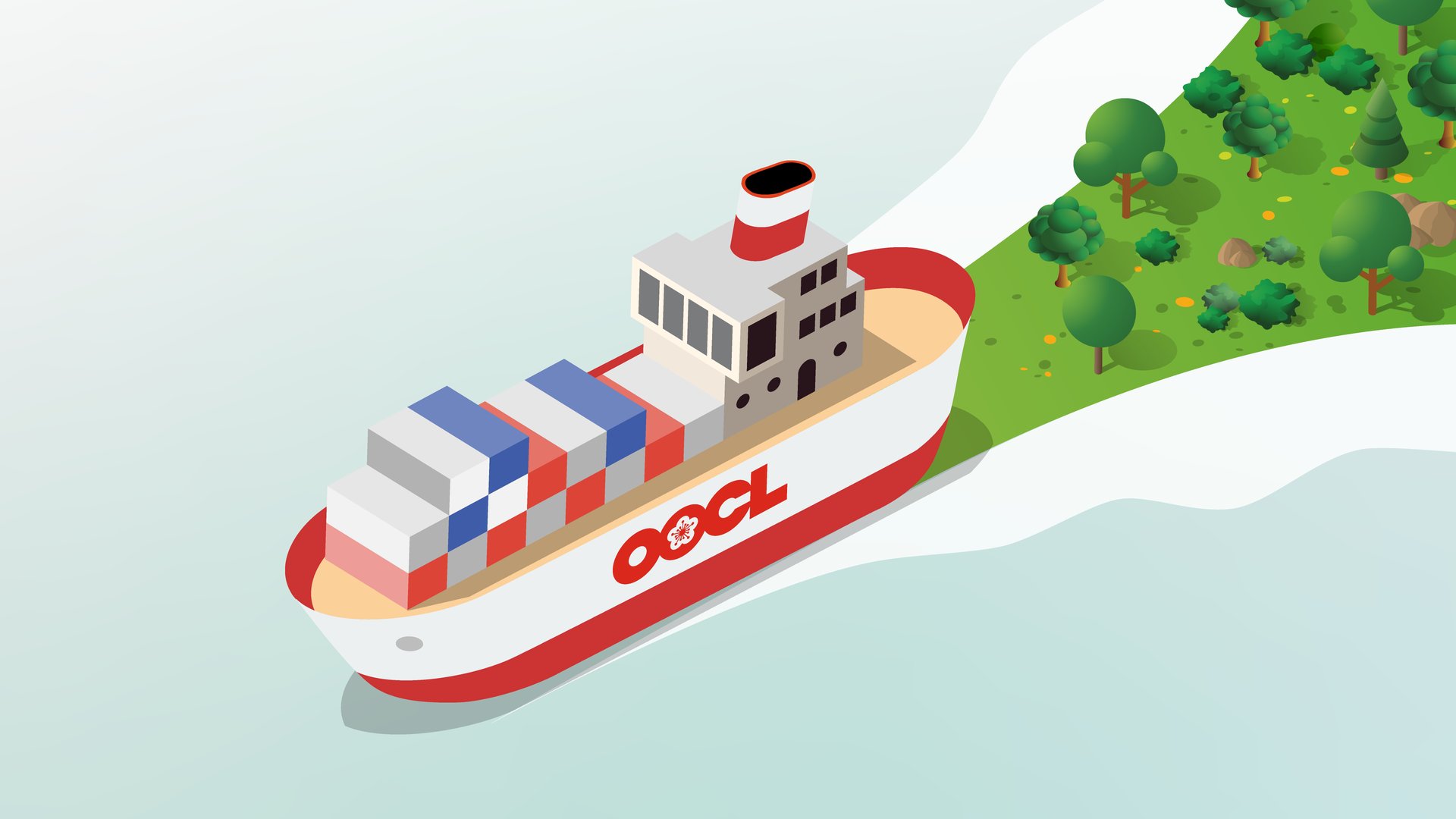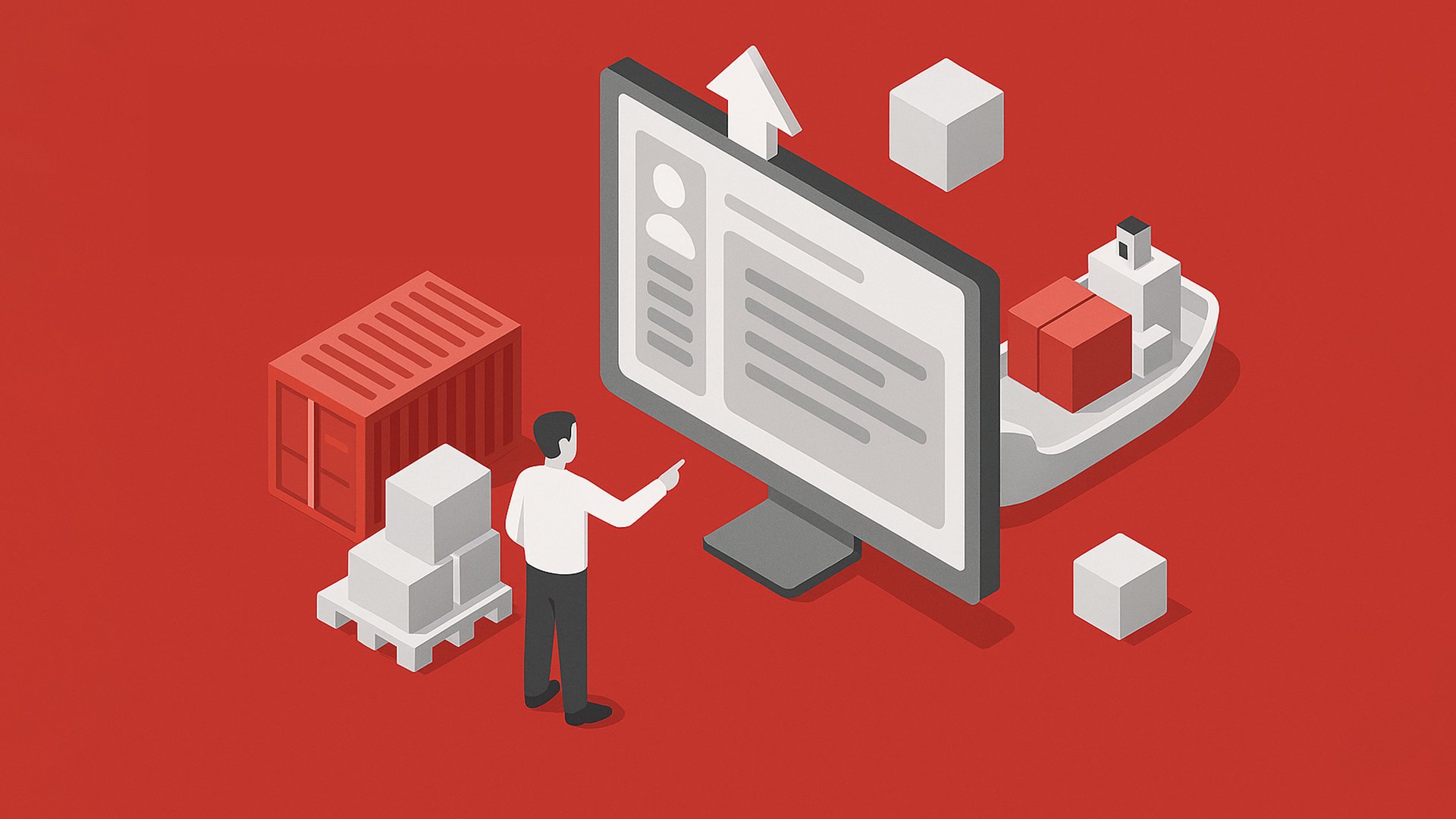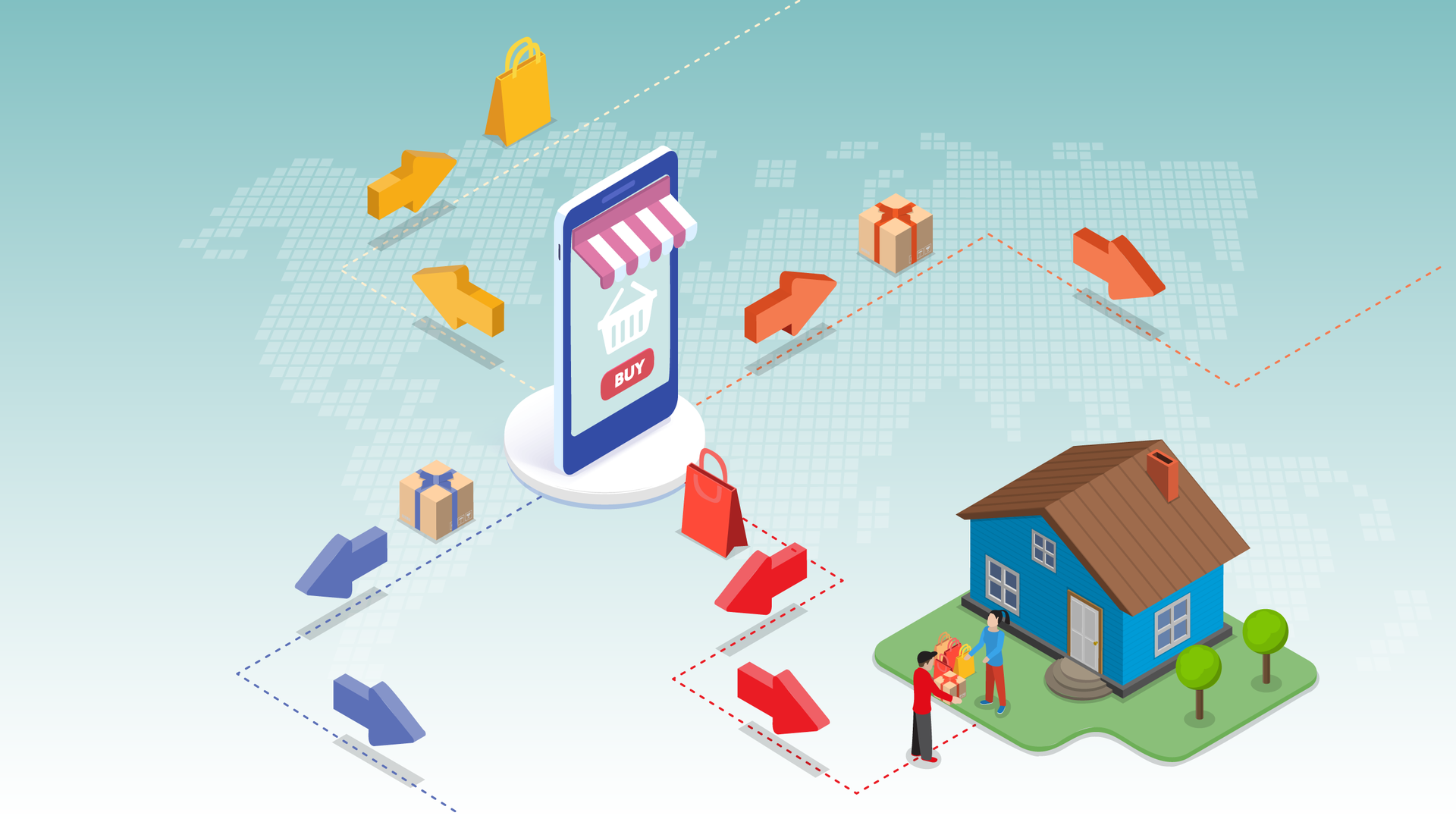Make Efficient Order Fulfillment the Key to your E-Commerce Success
The past few years have seen the rapid expansion of e-commerce, which now accounts for an estimated 20% of retail sales. But while there is a massive audience waiting online, not every seller has the know-how to profit from this boom. Smart businesses are finding new and better ways to fulfill orders and manage their e-commerce activities to keep them ahead of the market. Within the overall customer experience, efficient order fulfillment is one of the most important determinants of customer satisfaction.
The Order Fulfillment Cycle
Order fulfillment is essentially the process by which an ordered item reaches the customer, thereby completing a sales transaction. The customer goes from initial browsing online to placing an order. From that stage, the process becomes the seller’s responsibility, with different parties involved at different stages, particularly if some steps are outsourced: accepting the order, receiving payment, verifying the details, picking the item from stock or obtaining it from an external supplier if it is not already in stock, packing, shipping, and ultimate delivery. One more important element of the process is customer support, including handling of returns.
Along this chain of events, there are various opportunities to improve the process and enhance the customer’s experience, making it more likely that the customer will give the seller a favorable review and possibly return with further orders.
Integration
Many companies, particularly long-established ones, have a tangle of legacy systems which are not tightly connected. By integrating their various systems – such as sales channels, accounting, inventory management, and customer relationship management – they can gain end-to-end order visibility, streamline their processes, and obtain greater insight into customer behavior. Beyond this, closer integration with supply chain partners such as logistics companies can help to make order fulfillment faster and more reliable.
Faster Order Fulfillment through Decentralization
Customers online are increasingly demanding the convenience of same day or next day delivery. To meet these expectations, smart retailers are shifting from large centralized distribution centers to a network of smaller, strategically located, decentralized warehouses or fulfillment centers, from which rapid delivery to nearby locations or collection points can be provided. Some of these take the form of dark stores, which essentially replicate normal retail stores but without customers. When an online order is received, staff will pick and pack the ordered goods from the shelves like a regular customer in a supermarket, for fast delivery.
Such decentralized facilities – whether in-house or outsourced – bring the retailer closer to the customer, facilitating quicker order fulfillment. With last-mile delivery costs on the rise, they can also lower logistics costs by reducing distances covered. Furthermore, firms can optimize the locations of these centers and the inventory they hold to meet the differing local needs of each specific region or area.
Returns Policy
Return rates for online businesses vary between product categories, but are estimated to average between 20% and 40%, compared with below 10% in a bricks-and-mortar store – for clothing and shoes, the rate can be as high as 56%. Common reasons for returning goods include wrong sized items; incorrect or defective goods; products not meeting consumer expectations.
As many as 90% of online shoppers are unwilling to patronize a store with a poor return policy, and will not buy again from brands that give them a bad return experience. Consequently, planning for returns is a vital part of an omni customer journey for online businesses of any size. To sustain consumer confidence, online retailers need a clear and transparent returns policy, convenient to navigate and easily accessed on their website. A survey in Europe found this was one of the three most important considerations for consumers when buying online, while in another study, 45% of online shoppers considered it of great importance.
This situation requires a defined process governing “reverse logistics”, checking returned goods, issuing refunds or replacements, and updating of inventory records. Returns are one of the most crucial customer touchpoints for online businesses. Smart operators can turn reverse supply chains to their advantage by including the option of returning goods in-store, which generates an opportunity for the customers to browse product in a physical store, and also reduces the seller’s logistical costs by eliminating return shipping.
Communication with Customers
Customer support is often neglected as an important component of order fulfillment. With e-commerce customers expecting information on their order status in real time, successful online businesses think ahead to anticipate what information the customer might require (such as details of payment, delivery, or refund and exchange policy), and have the answers readily accessible. For example, to preempt the most common question about an online purchase – where is my order? – brands nowadays usually keep the customer informed of the whereabouts and status of their order through automated email messaging. To be able to answer such queries promptly requires efficient inventory management – so the seller can advise the customer if the requested item is in stock, or when fresh stock is expected – and effective tracking once an item has been dispatched, to keep the customer advised of the expected delivery schedule.
When problems arise, it is advisable to provide customers with a choice of communication channels – email, messaging systems, chatbots, telephone – depending on their location and personal preferences. One essential rule is that no matter how automated your systems are, the customer should ultimately be able to reach a real person to talk to; this is a key determinant of the accessibility of your customer service.
E-commerce websites typically provide a convenient channel to collect customer feedback, but smart businesses go beyond this and turn comments – even critical ones – into an opportunity by actively engaging with the customers concerned, and by looking into those cases to inform future policy decisions and drive improvement.
Choosing the Right Shipper
Successful e-commerce demands many qualities. A key differentiator is rapid order fulfillment, which requires reliable shipping. Indeed, a survey found that two-thirds of US shoppers are willing to pay more to ensure this.
Many other factors influence the selection of a shipper, including pricing, reputation, and the ability to track one’s shipments. Ultimately the choice is dependent on which can best provide convenient and efficient order fulfillment at a reasonable cost.
How FreightSmart can help
It can be seen from the foregoing that efficient logistics are essential to the success of any e-commerce business, highlighting the importance of satisfactory order fulfillment to customer satisfaction.
FreightSmart offers a range of options for ocean and inland transport which can assist e-commerce sellers with shipping their orders promptly and efficiently. FreightSmart makes the entire shipping process visible, offers a choice of quotation options, facilitates customs clearance, and tracks cargoes throughout their journey.
